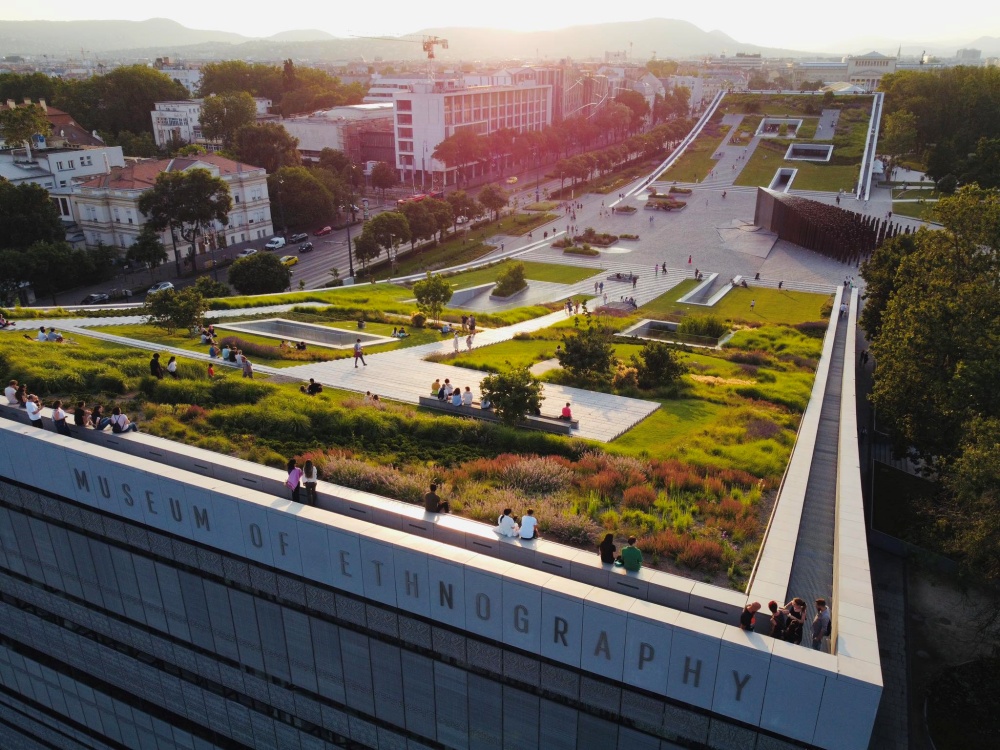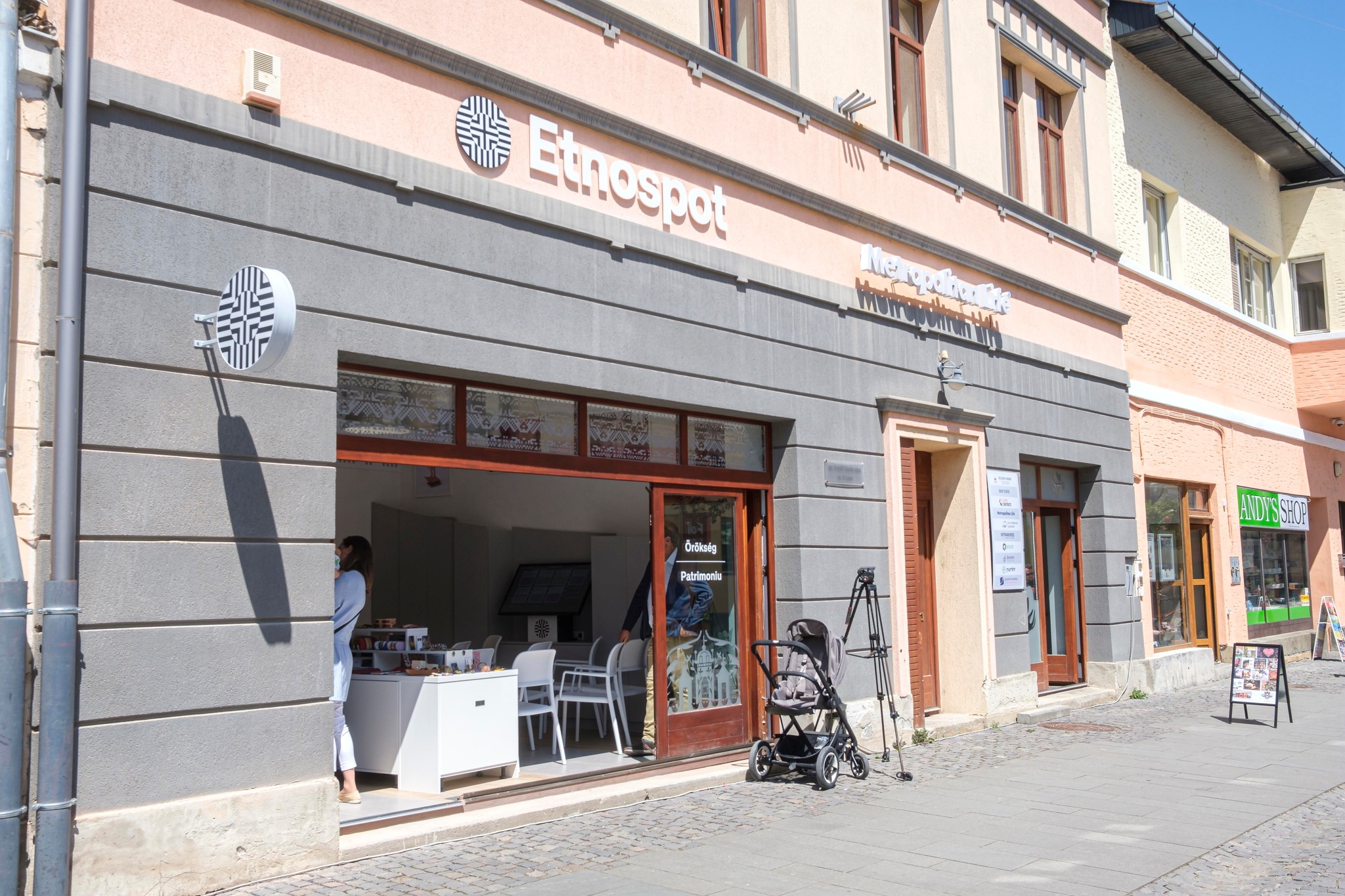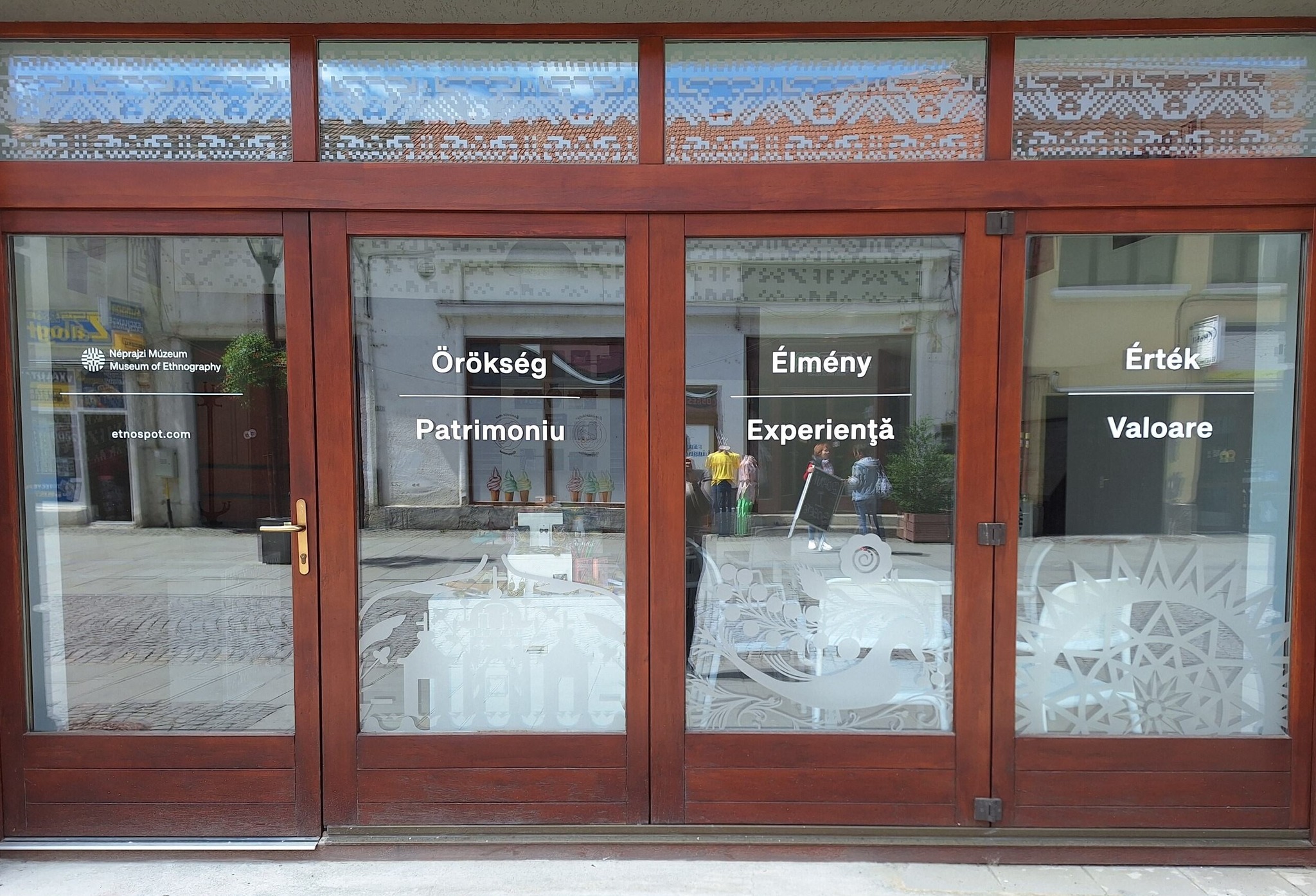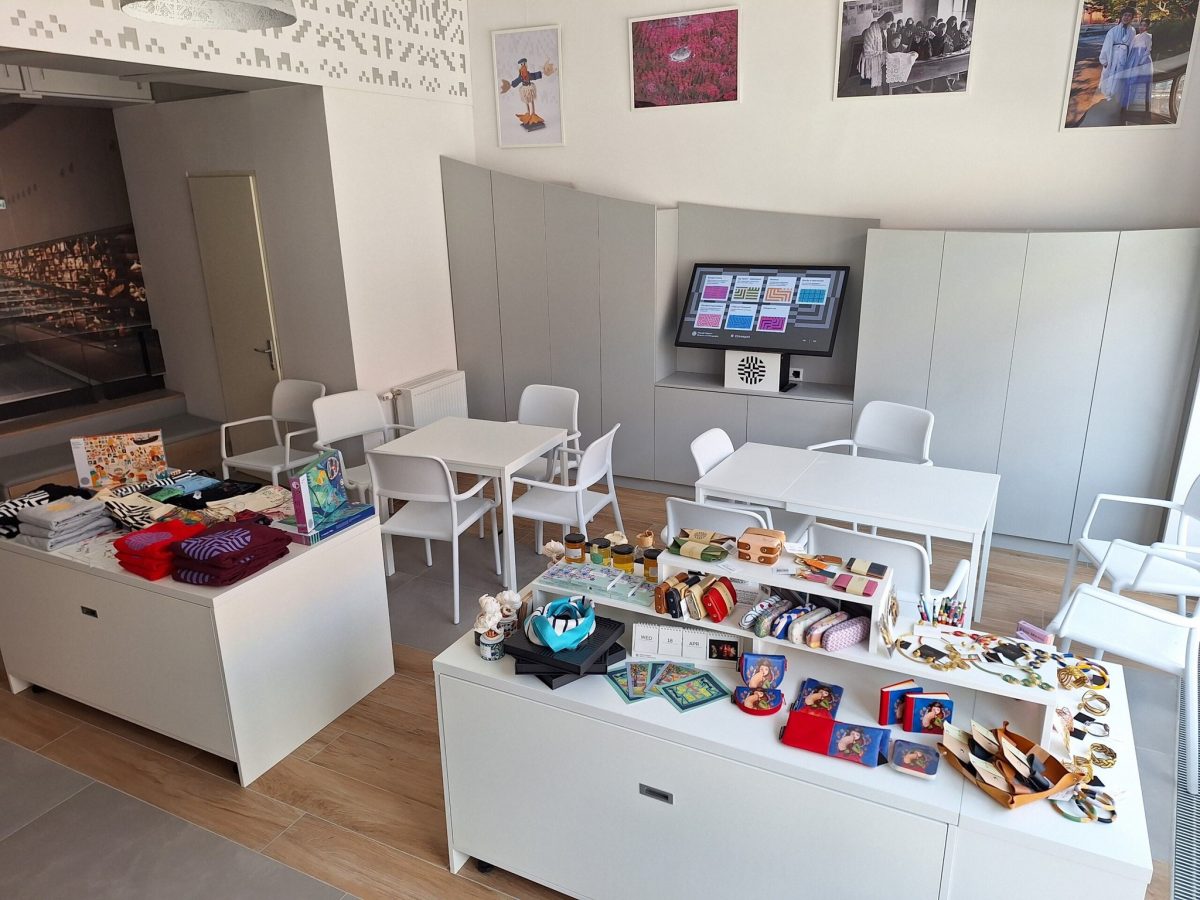
The House of Music Hungary also won an award at the FIABCI World Prix d'Excellence.Continue reading

The Museum of Ethnography in Budapest opened its first Transylvanian branch office on Monday in order to fulfill its cultural mission in the Hungarian-inhabited areas beyond the border.
The Budapest-based institution opened the first base of its network of heritage points in Miercurea Ciuc (Csíkszereda, Romania), functioning as a branch office of the Museum of Ethnography.
Etnospot’s main objective is to create effective cultural, educational, and tourism partnerships with local communities, in line with the museum’s cultural strategy mission.
It also aims to promote knowledge transfer related to the exhibitions and collections of the Budapest museum, and to impart ethnographic knowledge through experiential methods, with outreach activities for families and children.

Photo via Facebook/Závogyán Magdolna
In her opening speech, State Secretary Magdolna Závogyán emphasized that ethnography in the 21st century cannot be confined to desk drawers and archives, but can lead to living traditions and the experiential transfer of knowledge. “Today, the Museum of Ethnography in Budapest is one of the world’s foremost ethnographic strongholds and was recently voted the world’s best public building in the world’s most prestigious real estate development competition,” she recalled. The institution responsibly carries out its cultural and strategic mission, contributing to the preservation and enhancement of the national intellectual and material heritage, the politician noted.
Today, cultural institutions face a difficult landscape, as global processes are not about transmitting values and building communities to preserve identity. This is particularly true for public ethnographic collections in the 21st century, she said, referring to the rapid transformation of living conditions and the shift in cultural and consumption needs, “forcing professionals to change paradigms and to seek new paths.”
Závogyán stressed that the office in Miercurea Ciuc is a “courageous innovation based on respect for tradition, a guarantee for our future,” bringing together experts in ethnography and community education. She thanked the locals for their openness and wished the facility to become “a home of national and universal culture, of belonging together.”

Photo via Facebook/Závogyán Magdolna
Lajos Kemecsi, Director General of the Museum of Ethnography, said that museums are our most precious treasures, and it is our mission to preserve and pass on the treasures entrusted to us using the most modern scientific tools. He underlined that the heritage centers are needed precisely to ensure that the transmission is as high quality as possible and in accordance with the public’s seasons.
The Director General noted that
the Museum of Ethnography has many links with Szekler museums, and this year a large-scale exhibition will be opened through an unprecedented collaboration.
“For the first time, museums with a Hungarian connection to Szeklerland will be presented in Budapest with material from their own collections.” The exhibition, also presenting Szekler identity, will open on October 14. Kemecsi also pointed out that the museum will open its largest ever permanent ethnographic exhibition in September, in which the theme of Szeklerland and Transylvanian culture “will be presented in a way of immense value.”
Via MTI; Featured image via MTI/Veres Nándor